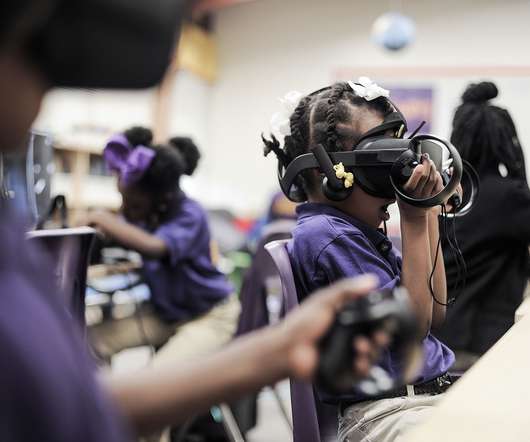How School Districts Are Shaping the Edtech They Use
eSpark
NOVEMBER 2, 2016
Over 1,000 Mineola elementary school students are using eSpark in four buildings throughout the district, while a team of Mineola middle schoolers helped us build new product features to better engage and challenge students. At eSpark Learning, we make tools that empower teachers and delight students. Piedmont, Alabama.















Let's personalize your content